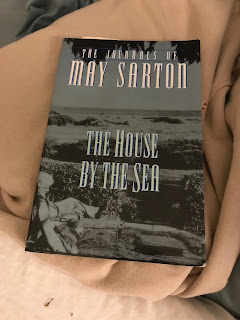“Because words are just air…when the wind blows on the water, you see ripples and waves, but the real river lies beneath, unseen and unheard.”
Two of the main characters, Piya and Fokir, superficially have nothing in common. One is an American scientist, the other an illiterate Indian fisherman. They don’t even speak the same language. But superficial lack of commonalities and lack of words quickly become less important between them than is their shared love and knowledge of the river and its animals. I did find the relationship, if you can call it that, a bit naïve and unrealistic. A relationship where you can’t even speak to or understand the other person? Too good to be true and would certainly not endure in normal circumstances. Piya even refers to the “relief to be spared the responsibilities that came with a knowledge of the details of another life.” I do, however, agree with Piya’s assertion that “speech was only a bag of tricks that fooled you into believing that you could see through the eyes of another being.” And I have a deep affinity and understanding of her desire to “be in this boat, in this small island of silence, afloat on the muteness of the river.”
There are two married couples who play important roles in the narrative. In both cases, the couples seem full of misunderstanding and miscommunication, which not surprisingly leads to anger and resentment. Who knew marriage could be like that? I find it sad and wasteful that people who love each other are often the ones least likely to see the beauty in the other person.
On a more general level, the book speaks to how different people have different methods for changing the world: some on small, incremental levels and some through grand, drastic means, as well as dealing with the theme of the difficulty of preserving the natural world in the face of human overpopulation. I have no idea how I came to own this book, but I certainly recommend it and plan to read Ghosh’s other books.




4 comments:
Nice post, is the first time I've heard about this book, but it seems interesting! Thank you
Part of the plot is similiar to State of Wonder by Ann Patchett, which I also enjoyed, in that both are about female American scientist doing field work far from home.
I have read some of your blog posts and enjoyed them too. I'm just not a very consistent commenter :)
I have always thought I would like Amitav Ghosh but never got round to reading him. Your beautiful review has given me another push, so thank you.
I'm often hesitant about recommending books. I read all kinds of novels, and people like so many different things, but this one I have no qualms about recommending. I've bought The Glass Palace on my Kindle and plan to read it very soon.
Post a Comment